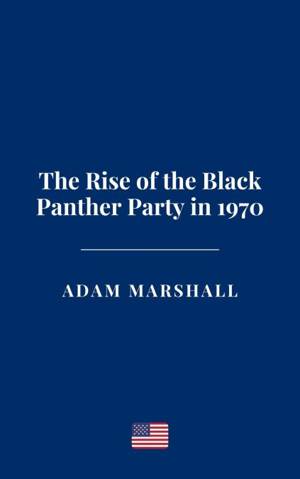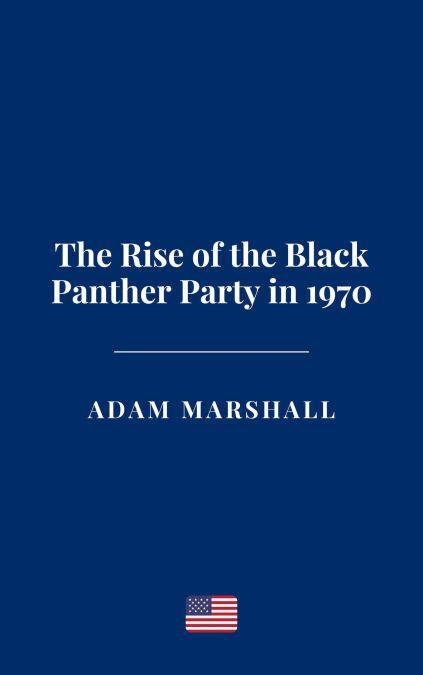
- Retrait gratuit dans votre magasin Club
- 7.000.000 titres dans notre catalogue
- Payer en toute sécurité
- Toujours un magasin près de chez vous
- Retrait gratuit dans votre magasin Club
- 7.000.0000 titres dans notre catalogue
- Payer en toute sécurité
- Toujours un magasin près de chez vous
Description
The late 1950s and early 1960s in the United States was a period marked by profound social upheaval, and for many African Americans, the optimism sparked by the Civil Rights Movement was tempered by the ongoing realities of systemic racism. While the movement, led by figures like Martin Luther King Jr., sought to achieve legal equality through nonviolent protests and legal challenges, a growing dissatisfaction emerged in urban African American communities. These communities, primarily concentrated in northern cities like Harlem, Chicago, Detroit, and Oakland, faced conditions that laws like the Civil Rights Act of 1964 or the Voting Rights Act of 1965 had failed to address—police brutality, economic deprivation, and segregation in housing and employment. This sense of frustration laid the groundwork for the rise of more radical approaches to civil rights activism, particularly the formation of the Black Panther Party in 1966.
The Black Panther Party emerged in a climate shaped by the broader racial struggles of the 20th century. While the Civil Rights Movement had gained significant victories, the social structures of racism and class inequality continued to stifle meaningful progress for the majority of African Americans.
Spécifications
Parties prenantes
- Auteur(s) :
- Editeur:
Contenu
- Langue:
- Anglais
Caractéristiques
- EAN:
- 9798224057375
- Date de parution :
- 08-03-25
- Format:
- Ebook
- Protection digitale:
- /
- Format numérique:
- ePub

Les avis
Nous publions uniquement les avis qui respectent les conditions requises. Consultez nos conditions pour les avis.






